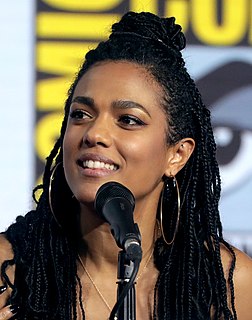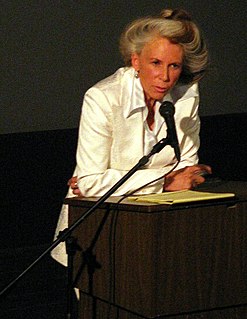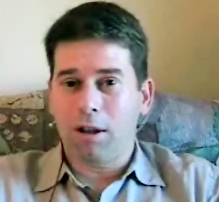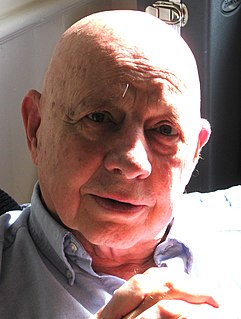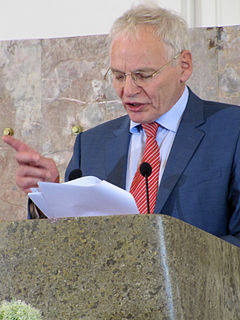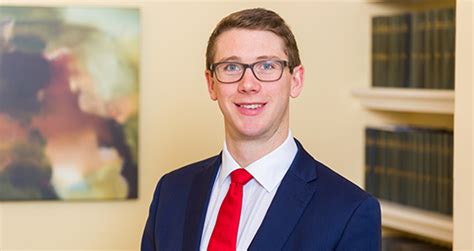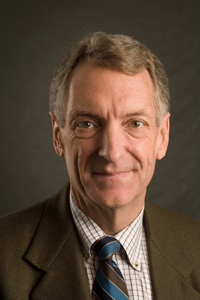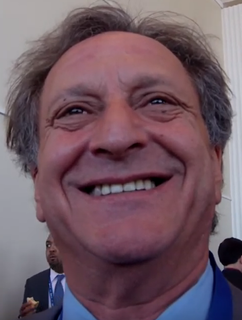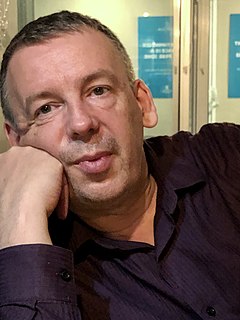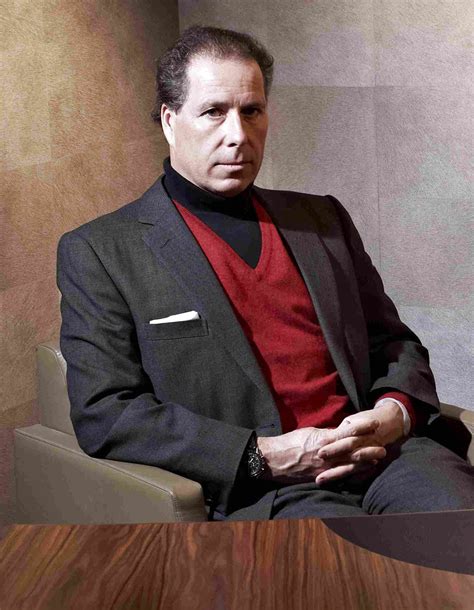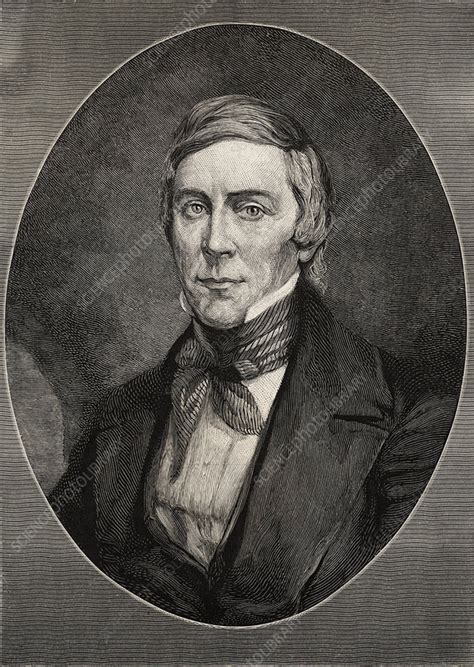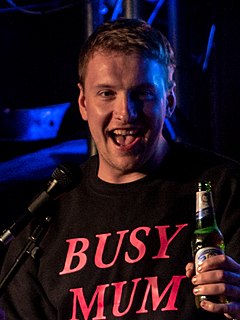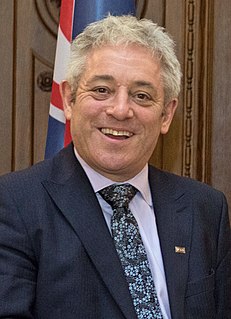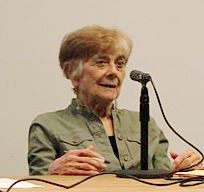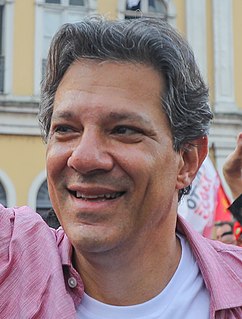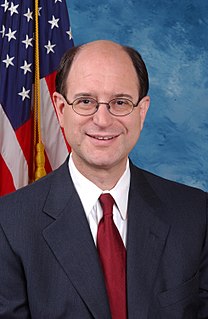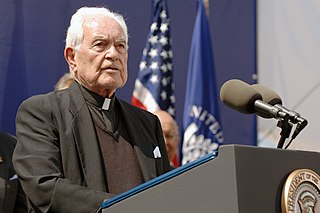Top 1157 Academic Quotes & Sayings
Explore popular Academic quotes.
Last updated on April 22, 2025.
There is a common misconception that intelligence is synonymous with IQ. "Intelligence Quotient" or IQ was originally built to predict the academic aptitude of schoolchildren, and is nothing more than a measure of the skills needed for academic success. Intelligence, however, is a much broader concept that encompasses a person's level of skill for any of a number of subjects.
By academic freedom I understand the right to search for truth and to publish and teach what one holds to be true. This right implies also a duty: one must not conceal any part of what on has recognized to be true. It is evident that any restriction on academic freedom acts in such a way as to hamper the dissemination of knowledge among the people and thereby impedes national judgment and action.
A hilarious academic novel that'll send you laughing (albeit ruefully) back into the trenches of the classroom. . . . [A] mordant minor masterpiece. . . . Like the best works of farce, academic or otherwise, Dear Committee Members deftly mixes comedy with social criticism and righteous outrage. By the end, you may well find yourself laughing so hard it hurts.
There is one great advantage to being an academic economist in France: here, economists are not highly respected in the academic and intellectual world or by political and financial elites. Hence they must set aside their contempt for other disciplines and their absurd claim to greater scientific legitimacy, despite the fact that they know almost nothing about anything.
I am thoughtful about introducing terms that tend to be in circulation primarily in academic circles. "Homonormativity" and "homonationalism" are by no means solely academic terms, and in fact circulate in important ways in many activist circles, but in general I find them to be terms that most people I meet are not familiar with.
I tell this anecdote with tongue in cheek at the start of my book William Burroughs and the Secret of Fascination, but my academic involvement with Burroughs was entirely due to my tutor at Oxford, Peter Conrad. I was discussing with him the idea of staying on to do graduate work and when I tossed the name of Burroughs into the conversation - well, he let it fall loudly onto the floor, and proceeded to cross himself as if warding off an evil spirit. Since I was very ambivalent about an academic career in any case, that decided it for me.
You have to understand, in the current academic climate, Intelligent Design is like leprosy or heresy in times past. To be tagged as an ID supporter is to become an academic pariah, and this holds even at so-called Christian institutions that place a premium on respectability at the expense of truth and the offense of the Gospel.
By creating a self-policing, self-reporting, sort of self-monitoring culture through law, through statute, and imposing that on the academic world, I think not only are we losing a significant measure of freedom in academic traditions and in our civil society, but we're actually making ourselves less competitive with every other country around the world that does not do that. Because that's where researchers are going to go and that's where academics are going to go. And ultimately, that's where breakthroughs are going to occur.
There's actually a wonderful quote from Stanley Fish, who is sometimes very polemical and with whom I don't always agree. He writes, "Freedom of speech is not an academic value. Accuracy of speech is an academic value; completeness of speech is an academic value; relevance of speech is an academic value. Each of these is directly related to the goal of academic inquiry: getting a matter of fact right."
There's no difference between lyrics and poetry. Words are words. The only difference is the people who are in academic positions and call themselves poets and have an academic stance. They've got something to lose if they say it's all poetry; if there's not music to it, and you have to wear a certain kind of checkered shirt or something like that. It's all the same. Lyrics are lyrics, poetry is poetry, lyrics are poetry, and poetry is lyrics. They are interchangeable to me.
Biblical higher criticism is preserved in the particular enclave of academic Christian scholarship and is thought to be too unfruitful to share with the average pew-sitter, for it raises more questions than the church can adequately answer. So the leaders of the church would protect the simple believers from concepts they were not trained to understand. In this way that ever-widening gap between academic Christians and the average pew-sitter made its first appearance.
While the universities are increasingly corporatized and militarized, their governing structures are becoming more authoritarian, faculty are being devalued as public intellectuals, students are viewed as clients, academic fields are treated as economic domains for providing credentials, and work place skills, and academic freedom is under assault.
I took art courses, only in the sense that I was able to - I took art classes, which were fun, which I liked, but it was a - just a kind of a general education that I got, a regular academic - academic diploma, but I kind of had the feeling that art was something that I really liked the most but I wasn't really sure that that was it.
A doctrine-teaching, character-building university, the Brigham Young University is dedicated to the building of character and faith, for character is higher than intellect . . . . We are men of God first, men of letters second, men of science third, and noted men fourth, men of rectitude rather than academic competence. . . . Our academic training must be as impeccable as our lives.
I was quite straight-laced. I was quite academic until I was about 14 and then I went to boarding school where I had the opportunity to continue to be very academic, but got less interested in it and became more involved in acting. And then when I was applying for universities I used a couple of places on my UCAS form to apply for drama school without telling anyone... but didn't get into drama school. But that was the most rebellious thing I did.
I think for what success looks like for me, it is a world in which you can look at the achievement scores, the academic scores, of any school anywhere in this country [the USA], and you wouldn't be able to look at the score and determine what the racial makeup or the socioeconomic makeup of that school is simply because of the academic achievement levels.
I never went to college and I was raised in Arkansas so there wasn't a lot of academic language being thrown around my house. We weren't idiots, but I didn't have that access to academic feminism. I had to realize, on my own, that feminism is not just about how far ahead you can get in a job and it isn't about not wearing makeup. It isn't about not watching your waistline. I had to recreate the world entirely.
I'm not an academic; I'm not an archaeologist. I'm a writer, communicating ideas to the public. There is a model of how the past is, and a lot of academic archaeology is about refining the model. It's not about changing the model radically. I'm not aware of any current which is about radically changing the model. It's just me, really.
The rites of passage in the academic world are arcane and, in their own way, highly romantic, and the tensions and unplesantries of dissertations and final oral examinations are quickly forgotten in the wonderful moment of the sherry afterward, admission into a very old club, parties of celebration, doctoral gowns, academic rituals, and hearing for the first time "Dr.," rather than "Miss" Jamison.
